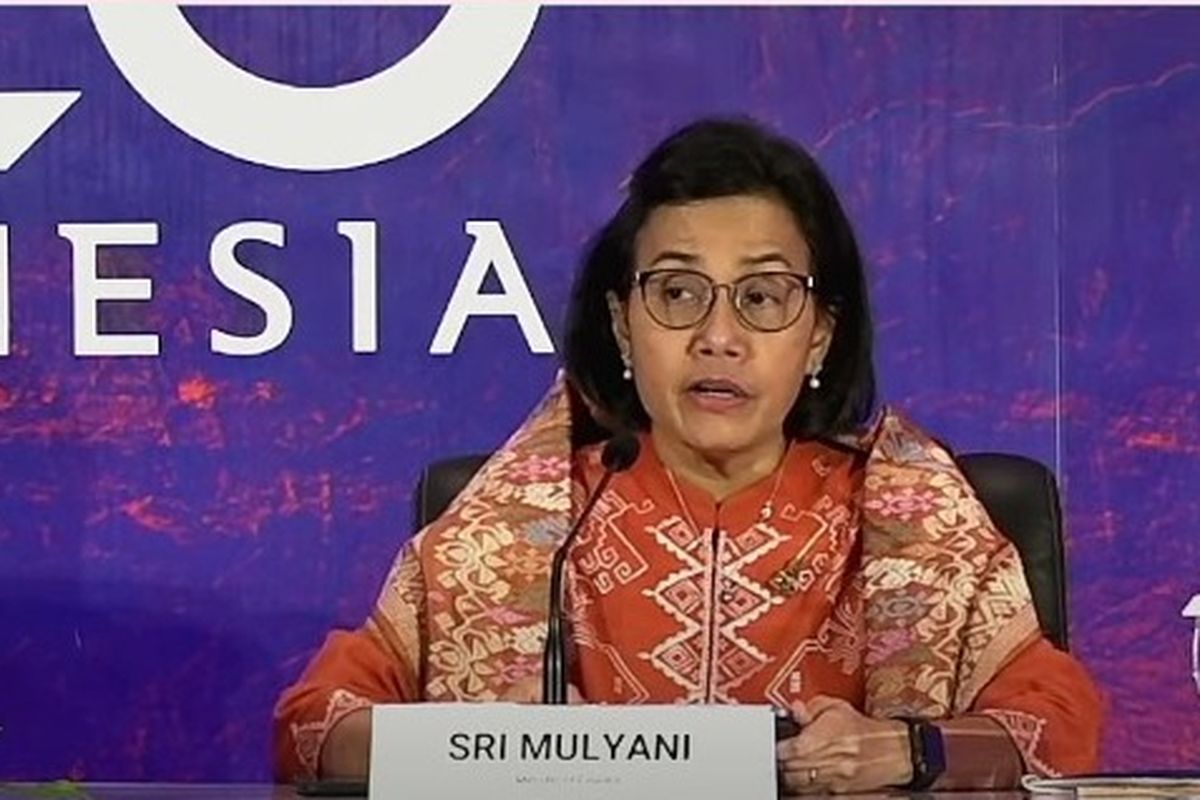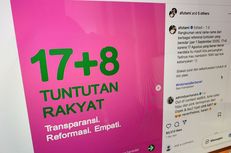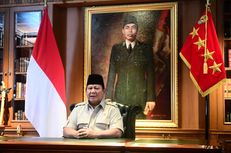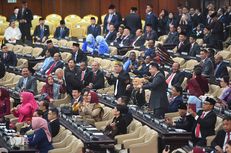Over 17 Million MSMEs Enter Digital Market in Indonesia

JAKARTA, KOMPAS.com - Some 17.2 million Micro, Small, and Medium Enterprises (MSMEs) had been digitized until January 2022, supporting digital transformation in Indonesia despite the Covid-19 pandemic, a top official said.
"We believe that digitalization will help transactions in MSMEs to become easier, thereby allowing them to access new markets and to run their business more efficiently," State News Antara quoted Finance Minister Sri Mulyani Indrawati during the 6th Annual Islamic Finance Conference on Wednesday, Aug. 24.
Sri Mulyani said that the government targets 40 million MSMEs to be digitized by 2024, supported by the financing of the construction of the Palapa Ring satellite and Base Transceiver Station (BTS) to connect 20 thousand villages in Indonesia to the internet network.
Apart from the central government, State-Owned Enterprises (SOEs), regional governments, and large private business actors have also contributed to increasing the capacity of MSMEs and encouraging them to enter the digital network.
Also read: Digital Technologies Help Indonesian MSMEs Survive amid Pandemic
"The government's support will certainly not be enough to support and empower MSMEs, so we also need to develop strategies and improve synergy and coordination with the public sector, academia, and the private sector," the minister said.
She went on to add that digitization was also expected to help MSMEs in accessing funding since around 80 million MSMEs did not have access to formal financing, whereas 46 million MSMEs still needed additional financing for working capital.
The government has provided MSMEs with financing platforms, such as the People's Business Credit (KUR) and Ultra Micro Financing (UMi), which had been distributed to 3.79 million MSMEs until the first semester of 2022.
"We also provide financing allocations in the sharia scheme as an option for MSMEs. Of the total KUR allocation in 2022 of around 313.7 trillion rupiahs [$21.2 billion], we have allocated 20.7 trillion rupiahs [$1.4 billion] for financing (KUR) in the sharia scheme," Sri Mulyani said.
Sharia financing was also designed to become equity-based financing rather than using leverage or loan schemes. Hence, the risks can be really structured, she added.
Source: State News Antara
Di saat situasi tidak menentu, Kompas.com tetap berkomitmen memberikan fakta jernih dari lapangan. Ikuti terus update terkini dan notifikasi penting di Aplikasi Kompas.com. Download di sini































